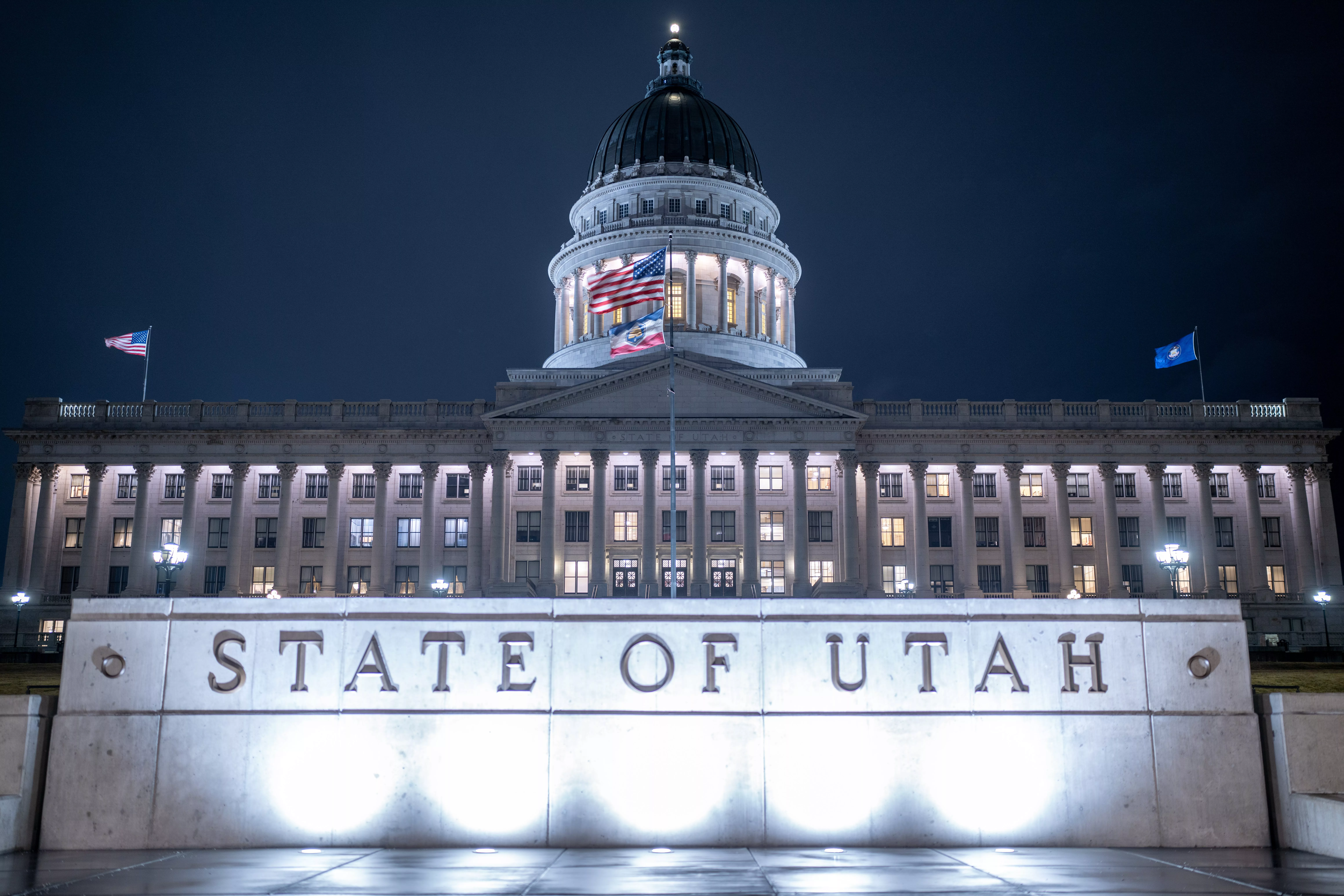
By Aidan Mortensen | KOAL News
Education funding may become more difficult for rural areas if SB321 or the Public Education Funding Amendments passes. This bill would remove a protection currently in place that gives school districts the same amount of funding if local property taxes are altered.
The bill is sponsored by Sen. Lincoln Fillmore, R-South Jordan, and Rep. Candice Pierucci, R-Herriman. It consists of two main changes. The first would take unspent local levy funds from each fiscal year and distribute them to qualifying districts across the state.
However, it also removes a protection that guarantees districts receive the same amount of funding even if local property taxes change. This removal would harm rural school districts such as Carbon and Emery County while benefiting densely populated suburban areas like the Wasatch Front.
This potential cut to rural areas would force districts to cut their budget or force counties to raise property taxes to balance the deficit.
Both sponsors are prominent voices within the State Legislature’s education space. Sen. Fillmore sits on the Senate Education Committee, while Rep. Pierucci is on the House Education Committee.
“One of my proudest legislative accomplishments is the launching of the equity pupil unit. That adds another layer to the great strides the state has made in recent decades to make sure the taxes we levy to educate belong to all children in the state of Utah,” said Sen. Fillmore while presenting the bill to the Senate Education Committee,” This bill corrects a flaw by removing the hold harmless provision.”
Each year, property taxes go down unless action is taken to keep them up. Due to this provision, as those rates lower, school districts still receive the same amount of state aid, being held harmless for this reduction. If passed, this bill would phase out the hold harmless provision, halting the provision entirely in 2029.
“This will distribute that money more toward school districts that are making an effort and consistently making an effort,” explained the Senator,” To some school districts where the effort is already so high and their assessed value is so low and the amount of taxable property is so low, by combing the two metrics into one we make it easier for them to make that effort at a local level.”
The Senate Education Committee unanimously recommended the bill, which now heads to the full Senate for a vote.
If enacted, the bill goes into effect July 1, 2025.
*Photo Courtesy of the Utah state Senate
